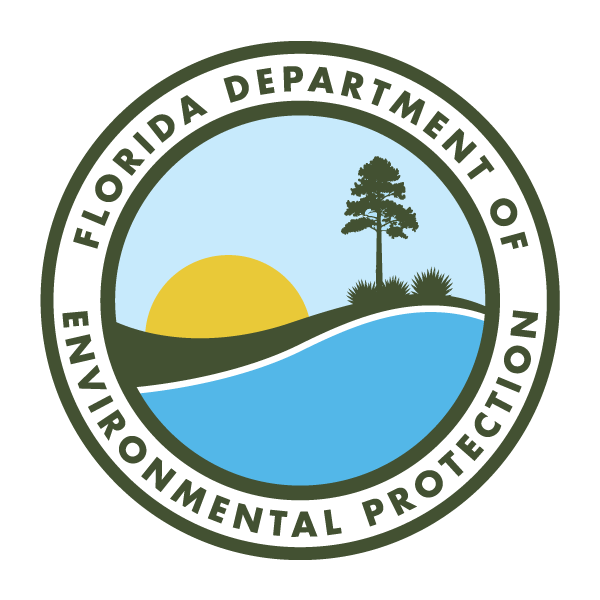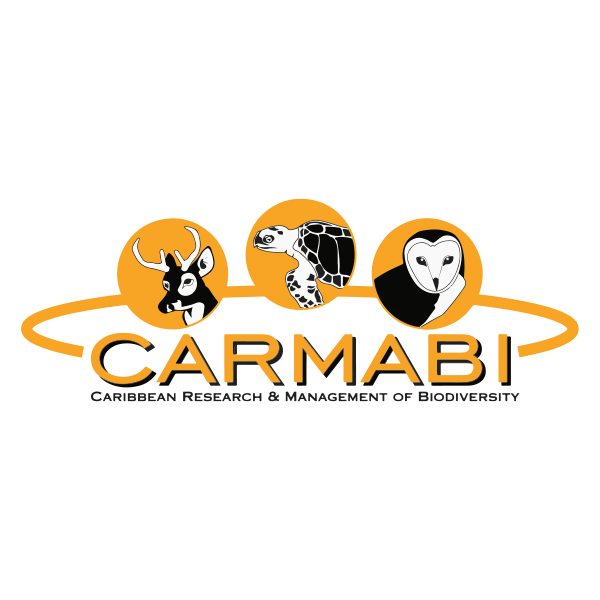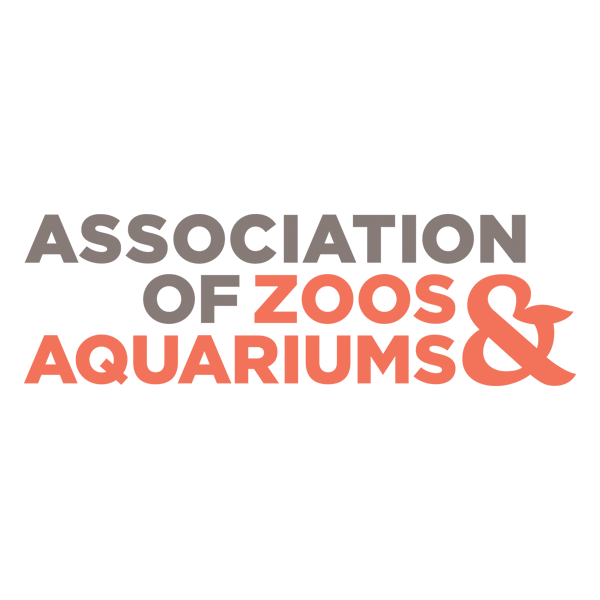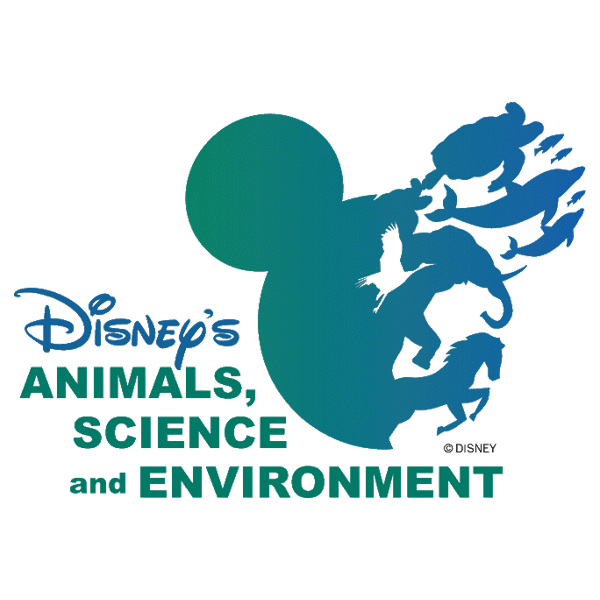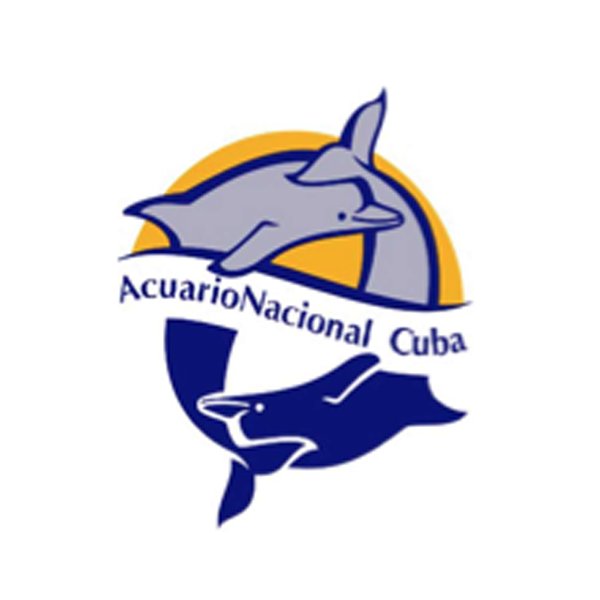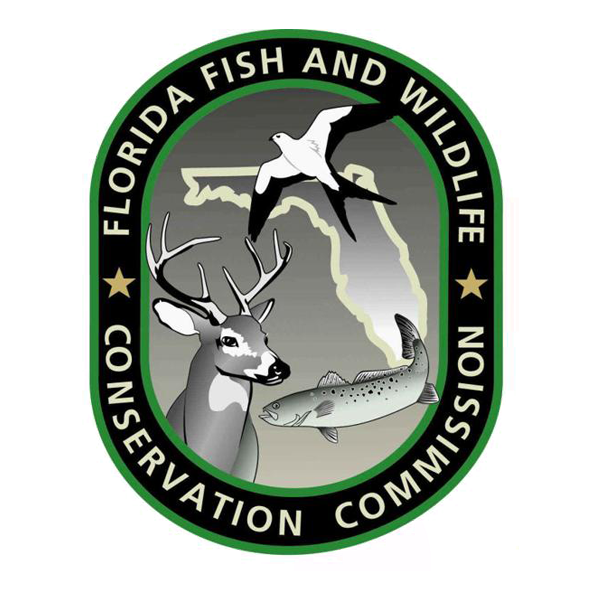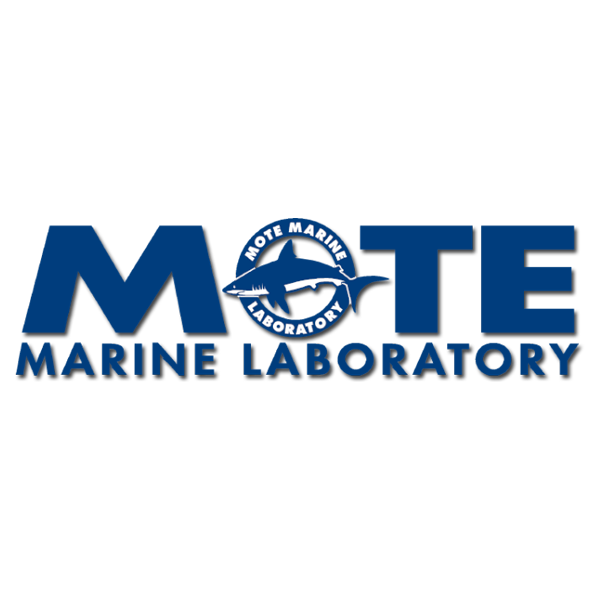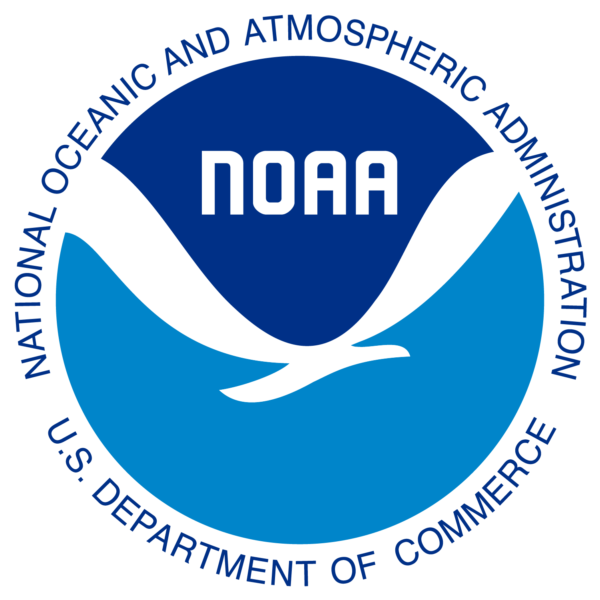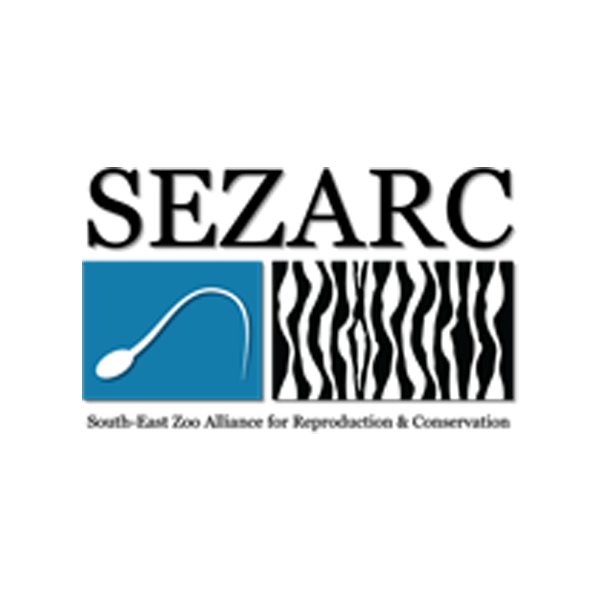Coral Conservation Program
The Coral Crisis
The Florida Reef Tract is the world’s third-largest barrier reef, stretching about 360 miles along the southeastern Florida coast. Many factors are leading to the decline of this reef. Those include increasingly warmer and acidic water conditions, the dying off of key symbiotic species and Stony Coral Tissue Loss Disease (SCTLD). While the cause of SCTLD is still unknown, it now spans nearly the entire reef and has affected 22 species of stony corals, many of which are suffering complete mortality. In order to save the Florida Reef Tract, immediate, multi-faceted and innovative actions must be implemented.
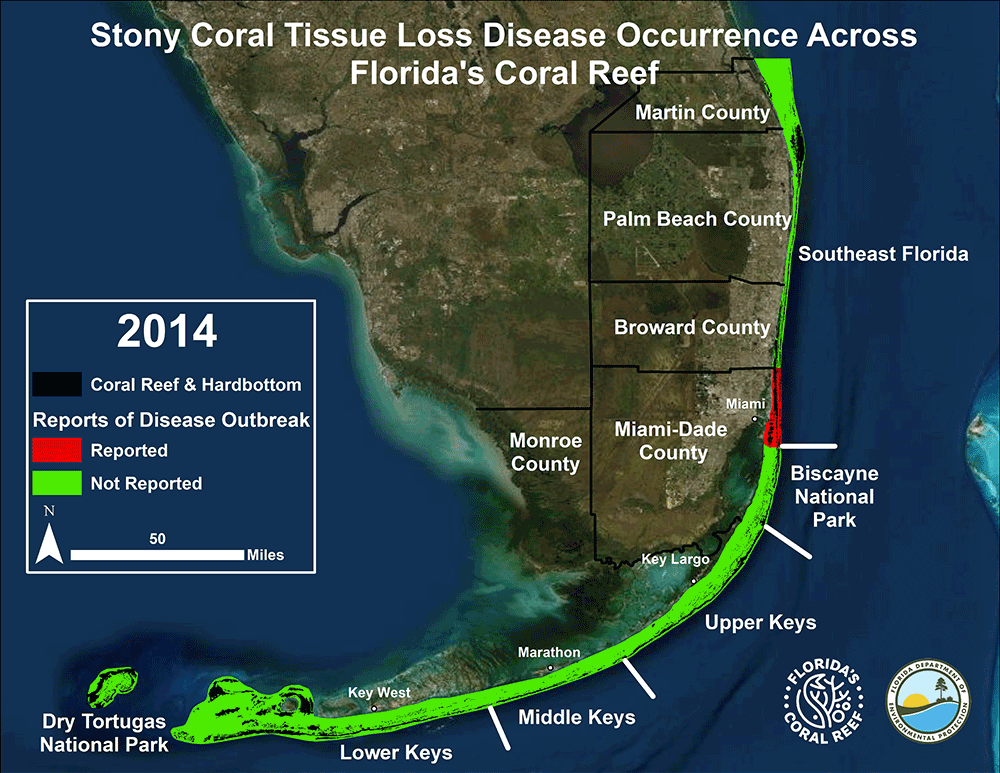
Map courtesy of Florida Department of Environmental Protection; updated September 2020
Our Approach
The Florida Aquarium’s Coral Conservation Program is effectively addressing the coral crisis by focusing its efforts on several interconnected strategies designed to protect species that are approaching or are at risk of extinction in the wild, increase coral reproduction rates, advance coral health and restore the Florida Reef Tract.
- Genetic banking of threatened staghorn and elkhorn coral
- Rescue and genetic banking of healthy coral species before being affected by SCTLD
- Cryopreservation of sperm for assisted reproduction
- Laboratory induced spawning
- Collection of wild gametes
- Collection of genetic bank gametes
- Excellent care and welfare
- Manage an algae-controlled habitat
- Maintain long-term health of archived adult corals
- Selectively reproduce corals to promote diversity and resiliency
- Raise healthy juveniles
- Increase genetic diversity and number of corals available for restoration
- Release coral juveniles onto the Florida Reef Tract
- Enhance reef and ecosystem resiliency through release of herbivores
Growing Time
The Florida Aquarium has made coral reproduction history several times! In 2020, we were the first to reproduce and film larvae of the Ridged Cactus Coral. In 2019, we were able to induce spawning of several species of Atlantic coral in a laboratory setting. Most recently, in 2022, we successfully reproduced elkhorn coral in the care of marine biologists for the first time in history. These groundbreaking, globally recognized advancements facilitate our ability to increase the genetic diversity of coral offspring, conduct vital health research to improve coral care and husbandry techniques, and scale up coral propagation rate. Check out the video below to learn more about the dedication, passion and perseverance that goes into these groundbreaking efforts to restore Florida’s coral reef.
Other Success Stories
Outplanted >3,000 staghorn and 200 elkhorn corals.
Supplied coral larvae to researchers @ Nova Southeastern, Mote Marine Laboratory, Georgia Aquarium, SeaWorld and NOAA.
Shared gamete collecting techniques and assisted with formation of a coral nursery with the National Aquarium in Cuba.
Successfully rearing long-spined sea urchins from gametes to juveniles.
Successfully raised first batch of corals produced with cryopreserved sperm from different regions of the Caribbean.
The Florida Aquarium has joined with Biscayne National Park in an Aquarium-Park Partnership (APP) for America’s Keystone Species, as part of a wider project involving the National Park Service (NPS) and the Association of Zoos and Aquariums. The APP aims to “measurably improve wildlife population health, numbers, genetic integrity and habitat, while fostering the acceptance and stewardship of wildlife living amongst local communities.” Our partnership focuses on rescuing, rearing and outplanting genetically diverse corals to restore reefs at Biscayne National Park that are damaged by disease, overfishing, climate change, degraded water quality, marine debris, and other stressors. Currently, The Florida Aquarium is raising mountainous star coral juveniles collected by NPS scientists from the 2019 and 2020 wild spawns. These corals will be raised in our greenhouses until they are large enough for us to work with NPS to return them to the reefs of Biscayne National Park.
In May 2021, a collaborative restoration initiative between scientists from The Florida Aquarium and the University of Miami (UM) Rosenstiel School of Marine and Atmospheric Science, grooved brain corals rescued from a disease outbreak and maintained in human care have been bred for the first time with wild corals that survived the disease; raising hopes for restoring genetic diversity and increasing disease resistance on Florida’s reefs
Successfully reproduced elkhorn coral in the care of marine biologists for the first time in history. This critical species of coral – notoriously difficult to grow in aquariums – is a a building block for coral reefs and is vital in the fight to revitalize Caribbean ecosystems and provide shelter from natural storms.
Proud Partners
The Florida Aquarium uses a comprehensive conservation approach that amplifies our expertise, leverages partnerships, and maximizes the ability to successfully protect corals and restore the Florida Reef Tract. This work cannot be done alone, and we are proud to partner with the following agencies and organizations!

